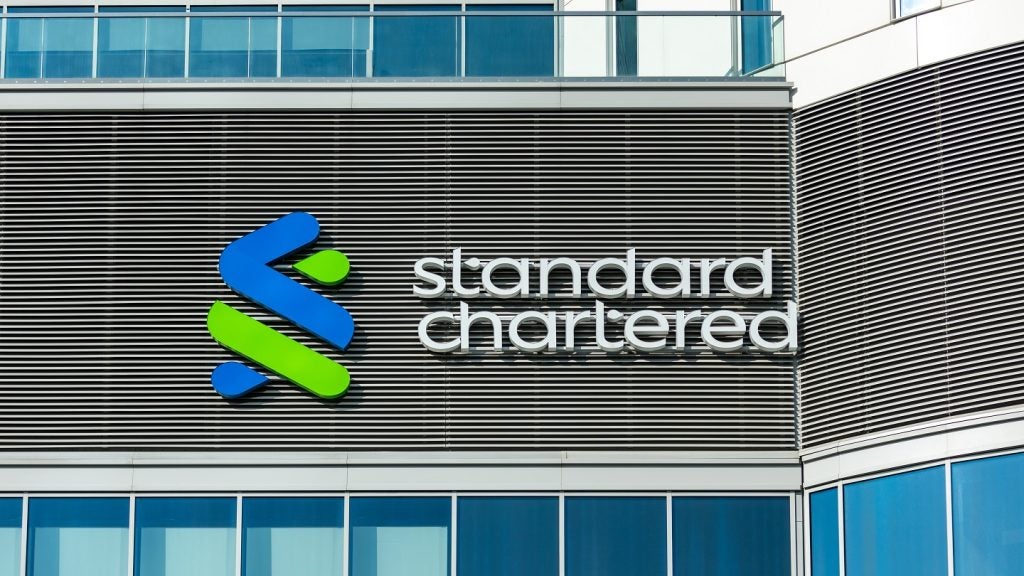
Swiss bank UBS expects the Brexit stalemate to continue until October 31st and beyond, as talks between the two major parties to find a compromise break down, with less than a week until the European elections.
“In our view, the inescapable conclusion is that the Brexit stalemate is set to continue,” says Dean Turner, UK economist at UBS.
“Progress seems unlikely before the next deadline of 31st October, which implies the UK will be asking for another extension.
“Beyond this, the only way to attempt to break the stalemate is likely to be a general election or possibly a second referendum.”
UBS’ previous forecast of a long extension to Article 50 proved correct, after Theresa May failed to get her Withdrawal Agreement through the Commons on March 29th.
Impact of European elections on Brexit stalemate
The UK will go to the polls in less than a week to take part in European elections, with many predicting voter frustration to be borne out in a heavy defeat for Labour and the Conservatives.
Nigel Farage’s Brexit Party and pro-EU parties such as the Liberal Democrats and the SNP likely to profit.
UBS believes that the results of the elections are likely to have a far greater bearing on domestic politics, as a collapse of the two major parties’ representation in the European parliament could force their MPs to reconsider their position when next voting on Brexit.
The government intends to put the Withdrawal Agreement for a fourth time in the first week of June.
Turner continues: “Much has been made in the media of the surge in support for the Brexit Party, but the overall polling numbers for pro- and anti-Brexit parties reveal a country that is split firmly down the middle.
“The biggest question is around support for Labour. On paper, this is a party that is in favour of leaving the EU, but the majority of the party’s members and a significant number of its MPs believe otherwise.
“A policy of constructive ambiguity towards Brexit has served the party leadership remarkably well so far, but it seems that it could finally be wearing thin with its previously loyal support.”







